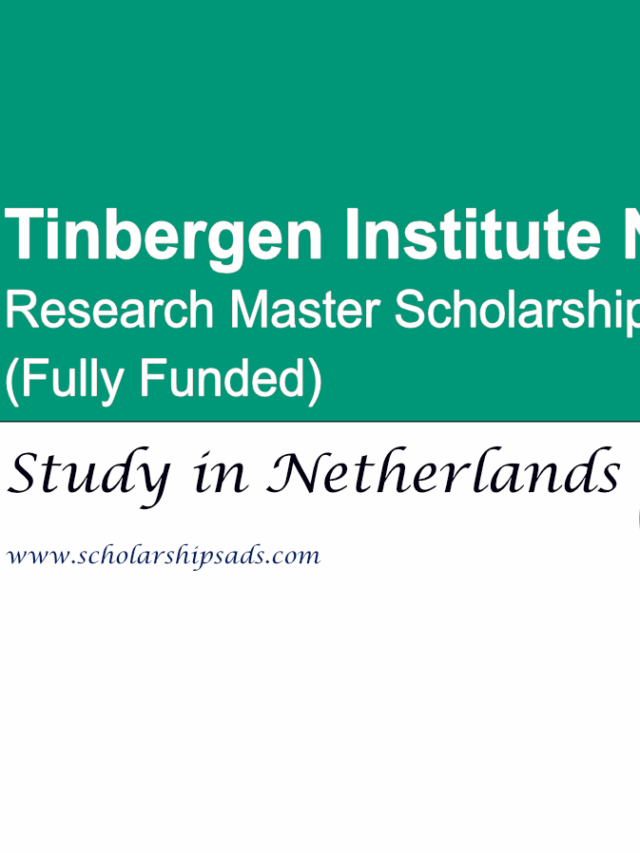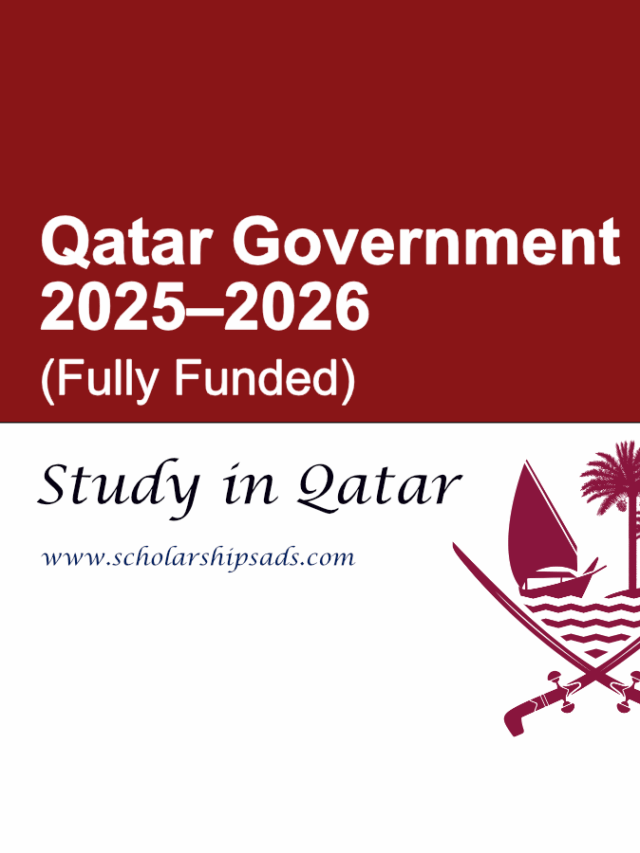If you are an undergraduate or master’s student with a passion for astronomy, astrophysics, or scientific research, the Max Planck Institute for Astronomy (MPIA) Student Summer Internship 2026 in Heidelberg, Germany, offers a remarkable opportunity to gain hands-on experience at one of the world’s leading research institutes. This fully funded internship in Germany is designed for talented students from around the globe who want to explore real-world research in astronomy, astrophysics, and instrument development.
About the Max Planck Institute for Astronomy (MPIA)
The Max Planck Institute for Astronomy (MPIA), located in Heidelberg, is one of the top research centers in Europe. MPIA scientists work on diverse topics—from studying exoplanets, galaxies, and cosmology to developing advanced astronomical instruments for the world’s largest telescopes such as the LBT and E-ELT. The institute is internationally recognized for its innovation, excellence, and contribution to the advancement of astrophysics. The working language at MPIA is English, making it ideal for international students.
About the MPIA Summer Internship 2026
The MPIA Summer Internship Program 2026 offers fully funded research internships to bachelor’s and master’s students worldwide. It provides a chance to work full-time for up to three months (typically between May and September 2026) on cutting-edge projects under the supervision of top scientists and researchers.
Interns gain valuable experience in research techniques, data analysis, programming, and instrumentation — preparing them for future academic or research careers in astronomy and related fields.
Eligibility Criteria
- Open to bachelor’s and master’s students in astronomy, physics, computer science, engineering, or related disciplines.
- Applicants who obtained a master’s degree in 2023 or earlier, or those already enrolled in PhD programs, are not eligible.
- Non-EU bachelor’s students must remain enrolled during the internship period (graduation after internship completion).
- Bachelor’s students must have completed at least four semesters by the start of the internship (May/June 2026).
- Strong motivation, relevant coursework, and basic research or programming experience are highly valued.
Financial Coverage and Benefits
- Monthly salary: approximately €1000 (net) with full social benefits.
- Travel expenses: fully supported by MPIA.
- Accommodation assistance: support in finding housing near the institute or city center.
- Equal opportunity: MPIA encourages applications from underrepresented groups, including women, minorities, individuals with disabilities, and first-generation students.
- Special consideration: at least two internships are reserved for candidates from developing countries.
Internship Experience
Interns at MPIA will join ongoing research and instrument development projects in diverse areas such as:
- Exoplanet detection and characterization
- Milky Way and galaxy formation
- Cosmology and star formation
- Telescope and instrument design
- Data analysis and simulation coding
The internship is conducted entirely in person at MPIA, Heidelberg, and in English.
Application Process
The application call for 2026 will officially open in December 2025. All required documents must be submitted through MPIA’s online application portal before the announced deadline.
Applicants must submit the following materials in one consolidated PDF file (maximum 10 MB):
- Curriculum Vitae (CV) – Up to 3 pages, including academic background, grades, research experience, programming skills, and awards (no photo).
- Research Statement (1 page) – Explain your previous research experiences, motivation, project interests, and future goals.
- University Transcript(s) – Include all completed courses; translation not required unless in a non-Latin alphabet.
- Transcript Attachment Form – List relevant astronomy and computer science courses with converted grades.
Additionally, one reference letter must be provided separately through the online system.
Inquiries: internship@mpia.de
Life in Heidelberg, Germany
Located in southwestern Germany, Heidelberg is a picturesque city renowned for its historic castle, old town, and vibrant university culture. With a population of around 150,000, including 28,000 students at Germany’s oldest university, Heidelberg offers a lively yet peaceful environment perfect for academic pursuits. The city’s charm, natural beauty, and strong scientific community make it an ideal destination for aspiring researchers.
Why Apply for the Max Planck Internship in Germany?
The MPIA Summer Internship 2026 provides international students a unique chance to gain exposure to world-class research, collaborate with leading scientists, and enhance technical and analytical skills — all while experiencing Germany’s scientific excellence and cultural richness.
Whether you aim for graduate studies or a research career, this program is an exceptional stepping stone to success.
Conclusion
The Max Planck Institute for Astronomy Student Summer Internship 2026 in Heidelberg, Germany, is one of the most prestigious astronomy research internships in Europe. With full funding, world-class mentorship, and a diverse, inclusive environment, this program offers a transformative academic and cultural experience for students aspiring to contribute to the future of astrophysical discovery.
Official Call: https://www.mpia.de/en/careers/internships/summer









